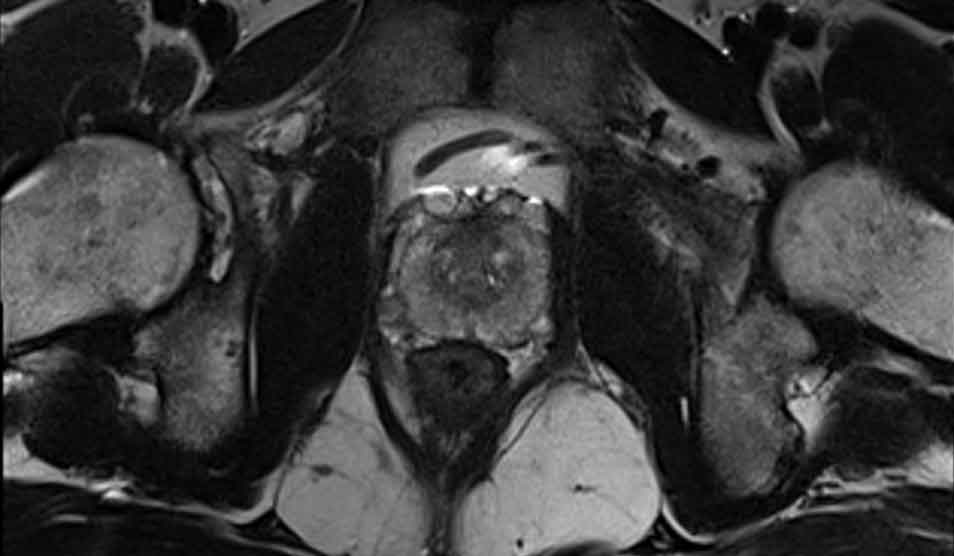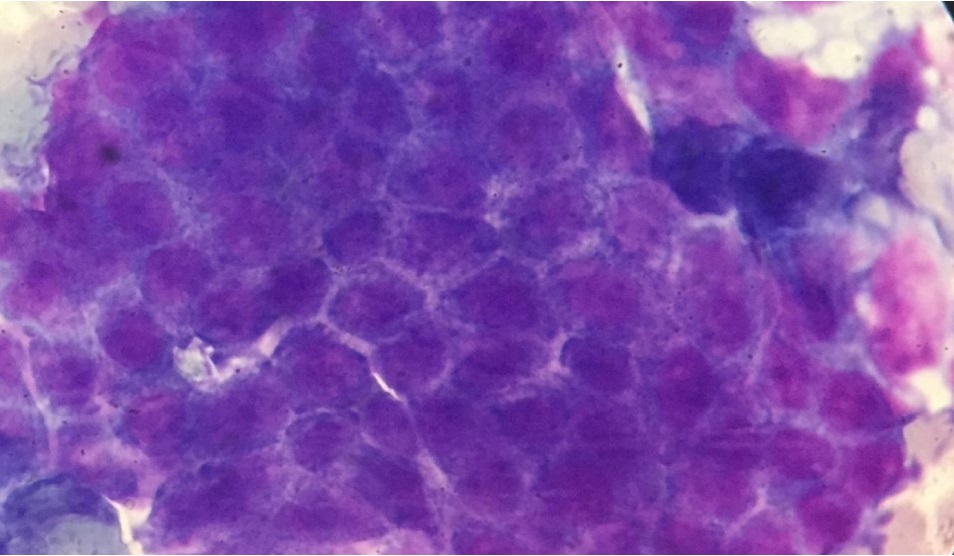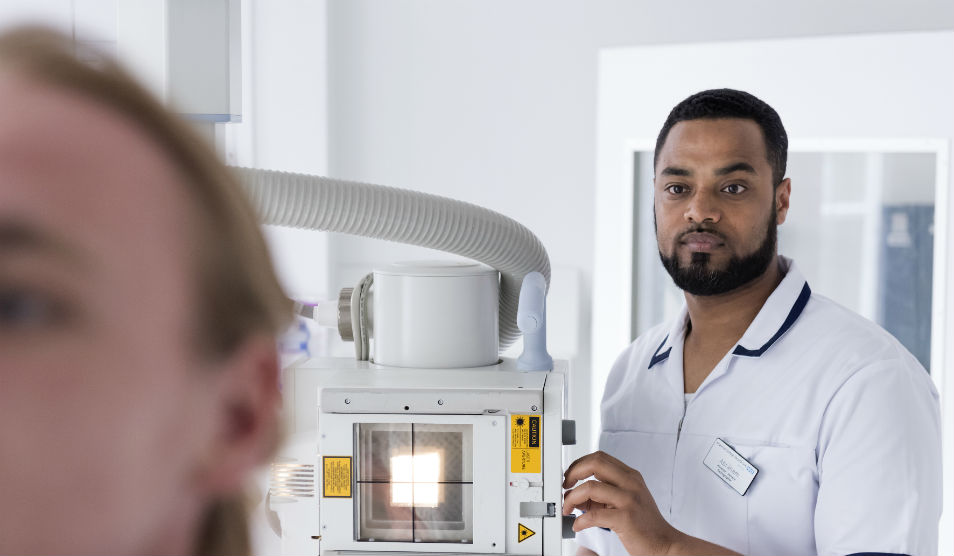Breath test shows promising results in diagnosing pancreatic cancer at an earlier stage
Researchers have found a simple breath test has been able to detect pancreatic cancer. This means the disease can be diagnosed at an earlier stage and by using a non-invasive method for the very first time.
Researchers who analysed breath samples of 132 patients at St Mary’s Hospital between March and December 2016 found that the test can identify cancer from benign conditions with a sensitivity of 81 per cent.
Scientists and clinicians now believe the non-invasive test could be used to diagnose pancreatic cancer at an earlier stage, and also screen patients who are most at risk of developing the disease.
The test is taken by patients breathing into a device and their exhaled breath is then analysed for chemical compounds in a laboratory at St Mary’s Hospital. Cancers produce a distinctive smell of volatile organic compounds (VOC) chemicals that contain carbon and are found in all living things, which are measured to help doctors detect early signs of the disease.
There are more than 9,000 new cases of pancreatic cancer diagnosed in the UK each year. The disease doesn’t cause any signs or symptoms in the early stages and as a result it is difficult to diagnose. Just 20 per cent of patients survive the disease after a year, falling to three per cent after five years. By detecting the disease earlier it is hoped survival rates could improve. Doctors currently diagnose the disease by carrying out blood and urine tests when patients have signs of jaundice or weight loss.
Professor George Hanna, the lead researcher and consultant upper gastrointestinal surgeon at Imperial College Healthcare NHS Trust, said:
“We’re in a bleak situation where pancreatic cancer is often diagnosed at a late stage where little can be done to cure patients. There is a need to develop new more effective methods to identify this disease at a much earlier stage.
“Our breath test could be one of the solutions to tackling this as it can be used as a first line test on patients who may have non-specific symptoms, or have a family history, so we can direct them to have more specialised tests and offer treatments that can save more lives.”
After showing such encouraging results, the research will now be tested in a larger multicentre trial at the Trust and five other London hospitals from October 2018.
The research has been part-funded by Imperial Health Charity who also helped part-fund previous research into the breath test technique for diagnosing gastric, oesophageal and colorectal cancers.
Other funders include NIHR Imperial College Biomedical Research Centre (BRC) and In-vitro London Diagnostic Cooperative.



